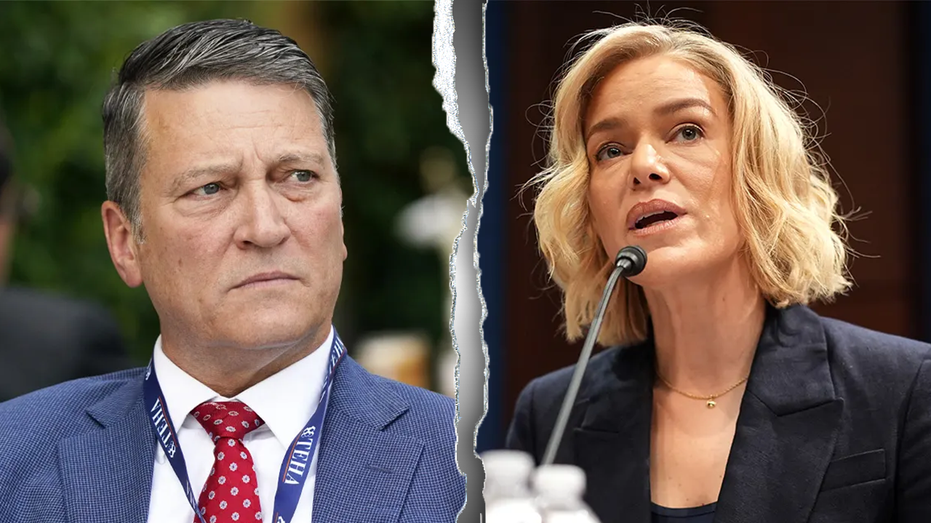GOP Pushes to Defund NPR and PBS, Calling Them 'Chronically Biased'

Sarah Johnson
March 27, 2025
Brief
Rep. Ronny Jackson introduces a bill to cut government funding for NPR and PBS, citing alleged political bias, sparking heated debate over public media and taxpayer support.
In a bold political move, Rep. Ronny Jackson, R-Texas, has introduced legislation aimed at cutting all government funding to NPR and PBS, accusing the outlets of being "chronically biased" and pushing Democratic talking points under the guise of public media. His proposed bill, aptly named the "No Partisan Radio and Partisan Broadcasting Services Act," or simply the "NPR and PBS Act," seeks to force the networks to survive without taxpayer dollars.
Jackson’s initiative arrives on the heels of a fiery hearing by the House DOGE Subcommittee, where Republican lawmakers grilled NPR and PBS leaders on their programming choices and alleged political leanings. NPR’s Katherine Maher admitted to mishandling coverage of Hunter Biden’s laptop story, calling it a "mistake," while PBS’ Paula Kerger faced criticism over content such as "Real Boy," a documentary following a transgender character’s journey. These moments didn’t exactly help their case for continued public funding.
DOGE Subcommittee Chair Marjorie Taylor Greene, R-Ga., didn’t mince words, labeling PBS as a contributor to what she called "the trans child abuse industry" and accusing the outlets of being "out of touch with everyday Americans." She made it crystal clear that Republicans are ready to challenge the idea of taxpayer dollars supporting media they view as politically slanted.
Jackson, echoing these sentiments, claimed that NPR and PBS have evolved from their original missions to provide unbiased and educational programming into what he described as "taxpayer-funded propaganda machines for the radical left." In a scathing statement, he argued that hardworking Americans are fed up with funding what he labeled as "liberal lies."
Former President Donald Trump has also weighed in, signaling his openness to defunding NPR and PBS, should the bill make it to his desk in the future. "They spend more money than any other network of its type ever conceived," Trump said, adding that he’d be "honored to see it end." Elon Musk, too, has jumped on the bandwagon, previously suggesting NPR should operate without government support.
This debate over public media funding is far from new, but it’s certainly heating up. For NPR and PBS, it’s not just about keeping the lights on—it’s about defending their place in the American media landscape against allegations of bias and partisanship. Whether they’ll succeed in doing so without public dollars remains to be seen.
Topics
Editor's Comments
Well, NPR and PBS just got a front-row seat to the GOP’s version of a budget cut roast. While claims of bias in public media aren’t exactly breaking news, the intensity of this hearing—and the bill it inspired—feels like a direct shot across the bow. It's fascinating (and a little ironic) how 'public media' has become such a divisive battleground. Also, can we talk about Greene's dramatic 'trans child abuse industry' accusation? Subtlety clearly wasn’t on the agenda here.
Like this article? Share it with your friends!
If you find this article interesting, feel free to share it with your friends!
Thank you for your support! Sharing is the greatest encouragement for us.



